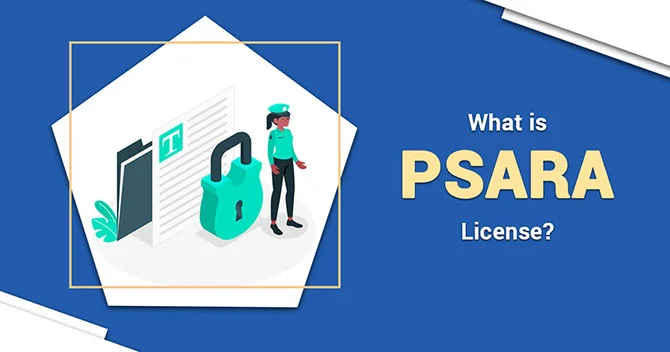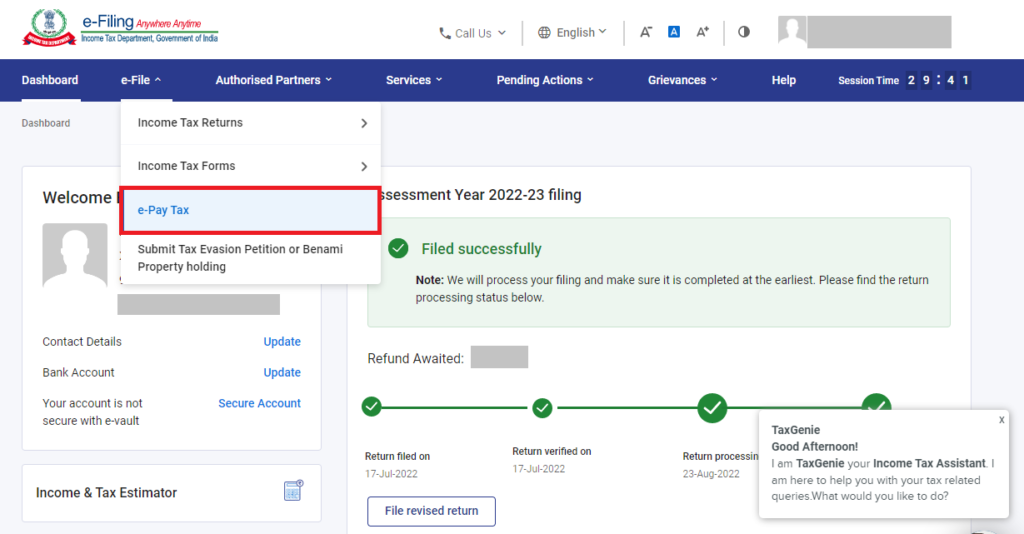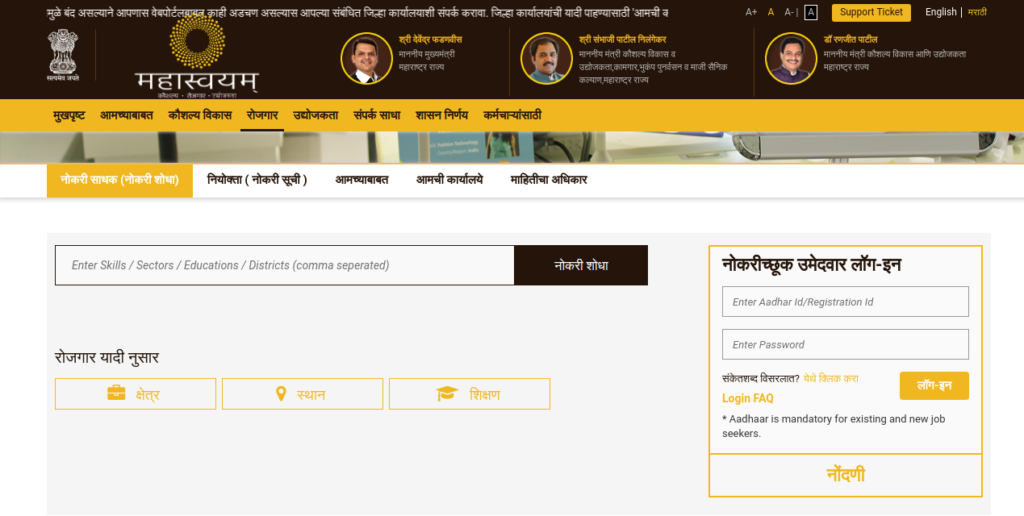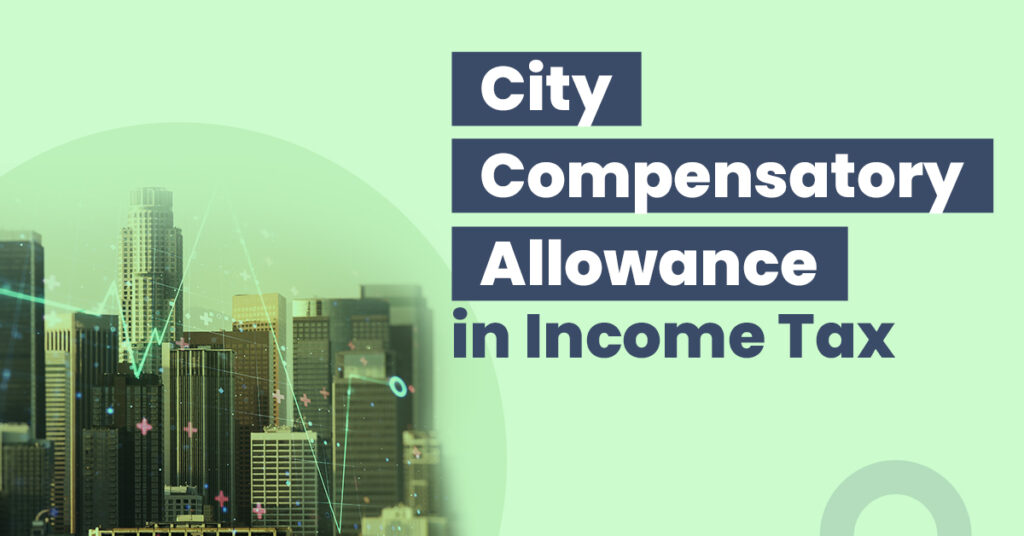Conversion of LLP to Private Limited Company

An LLP is the simplest form of Incorporated Business in India that is easy to start and lighter on the compliance aspect compared to the company form of organization. There is no hard and fast rule whether a business should begin as LLP or a Private Limited Company. As per the Law, there is no restriction on the kind […]
(PSARA) License Renewal and Cancellation Process in Rajasthan

The Private Security Agencies Regulation Act (PSARA), 2005 plays a crucial role in regulating the operations of private security agencies in India. Enacted to ensure the safety and security of citizens, this act requires all private security agencies to obtain a valid PSARA license before they can legally offer their services to clients. The license […]
rti right to information

The basic object of the Right to Information Act is to empower the citizens,promote transparency and accountability in the working of the Government,contain corruption, and make our democracy work for the people in real sense.It goes without saying that an informed citizen is better equipped to keep necessary vigil on the instruments of governance and […]
India Post Mobile Banking Application

India Post Payments Bank or IPPB is an initiative by India Post to provide banking services in the remotest locations of the country and further the cause of financial inclusion. The Bank also provides various services to the customers like balance check, mini statement, customer support, etcIndian Postal Department has recently launched a new India Post […]
Self Assessment Tax Online Payment

When it comes to managing your finances, staying up-to-date with tax payments is crucial. While many people anticipate receiving a refund when filing their income tax return, there are instances where you may owe additional taxes instead. This could happen due to underpayment during the tax year, adjustments in deductions, or changes in income. In such […]
Mahaswayam Portal

Maharashtra government has launched an integrated web platform for Mahaswayam job seekers. The Mahaswayam portal combines skilling, employment, and entrepreneurship to serve as a one-stop-shop for all parties interested in the Skill India Mission. Mahaswayam: Rojgar employment registration Maharashtra goals This website provides all users with a single point of access to information on skill […]
City Compensatory Allowance (CCA)

Since the cost of living in metropolitan cities and some of the larger cities is extremely high, several companies provide additional allowance as compensation known as City Compensatory Allowance. This amount is completely taxable under the IT Act. City Compensatory Allowance is an allowance provided by an employer (companies- both public and private or any […]
Rajasthan Mukhyamantri Yuva Sambal Yojana

The objective of Sambal Yojana 2024 or Rajasthan Chief Minister Yuva Sambal Yojana 2024 is to provide financial assistance to the educated unemployed youth in the country because unemployment is a big problem in our country and the youth of the country are not getting employment even after being educated because employment opportunities are less. In […]
Prospectus of a Company

One of the major reasons why businesses choose the company form of business is because it allows greater accessibility to funds. A public company that has been incorporated under the Companies Act, 2013 is allowed to raise investments from the general public through different modes. Since a company raises funds from the public, it also becomes necessary […]
GST Return – What is GST Return? Who Should File, Due Dates, Penalties & Types of GST Returns
A GST return is a document containing details of all income/sales and/or expenses/purchases that a GST-registered taxpayer (every GSTIN) is required to file with the tax administrative authorities. This is used by tax authorities to calculate net tax liability. Under GST, a registered dealer has to file GST returns that broadly include: Purchases Sales Output GST […]